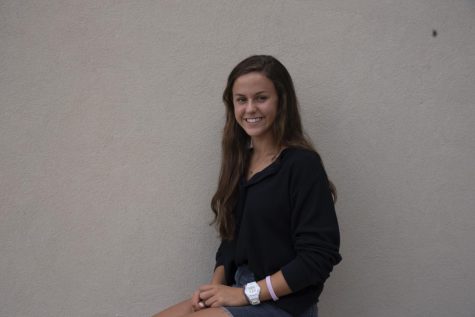Recently, WebAssign homework and assemblies have become the targets of anonymous meme-makers across campus. However, as teachers and students become the laughing targets of these accounts, the issue of cyberbullying rises to the surface and the question of where the line is drawn between funny posts and cyberbullying is brought to the table.
Memes are funny because they present ideas and opinions, which are held by a vast majority of a population, in a creative and entertaining manner.
However, the line between cyberbullying and meme creation exits where the content begins to target a minority.
While students such as seniors Pranav Uppalapati and Robby Witten remain unfazed by their names appearing in emerging posts, the hyper-personalized images cause havoc as teachers, such as English teacher Susan Lilley, unknowingly become the faces of Trinity memes. Lilley’s name was used in a meme that criticized her grading scale.
“I certainly wouldn’t be angry about being mocked in a meme if it’s done in a lighthearted manner,” English teacher Susan Lilley said. “However, people should get their facts straight.”
Meme culture has emerged to poke fun at relatable annoyances like senior Niko Kuncis’ parking habits and funny moments like crow-poop-focused assemblies. These memes act to unite students from all friend groups and class schedules, giving them the relatable content they can laugh at together.
Junior Max Lundy was portrayed in a meme poking fun at his accidental experience drinking acid in science class.
“I don’t care that my name was used in a meme,” Lundy said. “I think it was funny and it didn’t say anything that offended me.”
Senior Jackie Wang was the first student to start a Trinity-focused meme account.
“I found that making memes about Trinity related things was a funny outlet for myself and my friends,” Wang said.
Wang’s later deleted her account due to its risky content as well as the reveal of her identity. Since then, other meme accounts have sprouted from anonymous Instagram users to feed students the meme content they want.
If these creators, anonymous or otherwise, create memes that target a specific person’s insecurity or uses an embarrassing image, then the meme now transitions into the realm of cyberbullying. Although not all memes use photos of students, the act of associating a student with a specific image or idea can be just as harmful.
Thus, when memes use photos taken with permission and do not associate images with hurtful personal information, they can be used in a positive way. They act to represent the views and opinions of students as well as unite them on a common ground.
However, although the majority of the content may be harmless, many students may not take the meme as lightheartedly as Lundy. Anonymous meme creators most likely do not have the intention of using their memes as a vehicle for cyberbullying, but sites like
Ask.fm have previously posed issues on the topic of internet bullying. These give internet users the ability to hide behind the safety of their screens, saying things they would never dare say face-to-face.
While many might laugh at the funny meme that uses the name of another student, they may smile a little less when their name become the laughing stock of the school.




